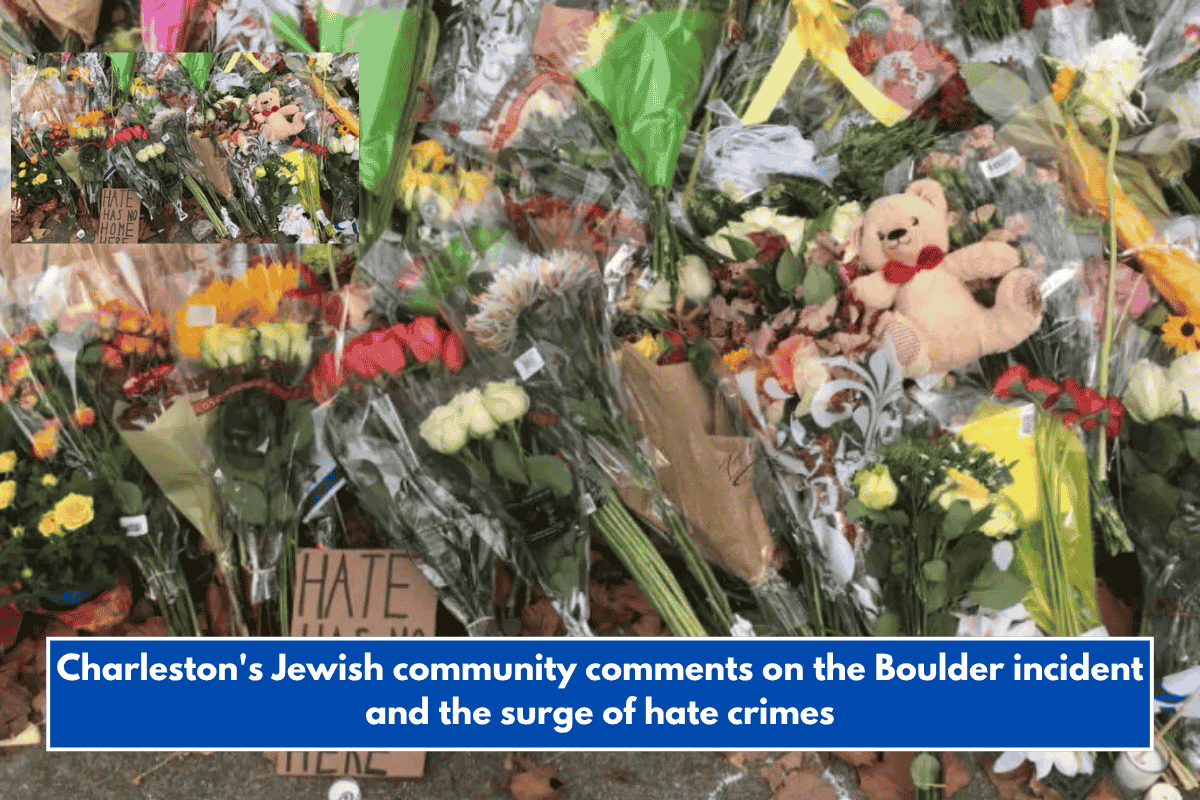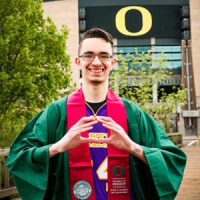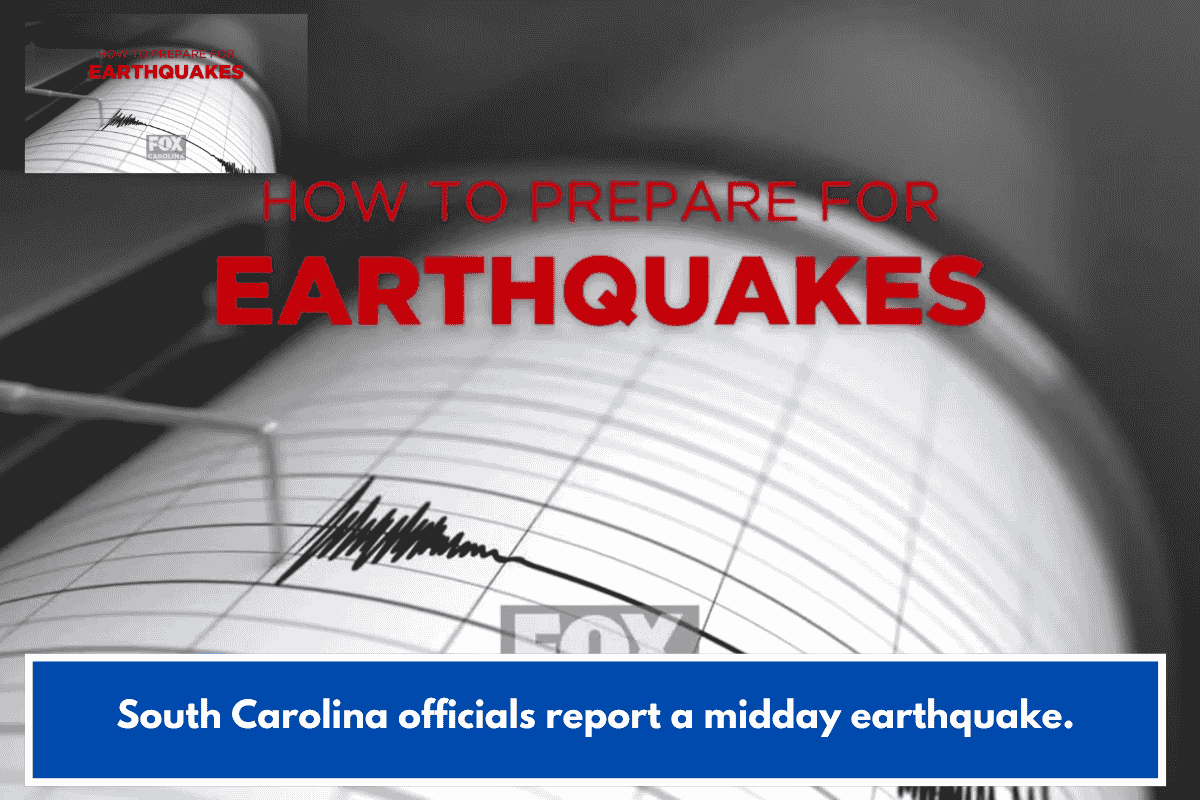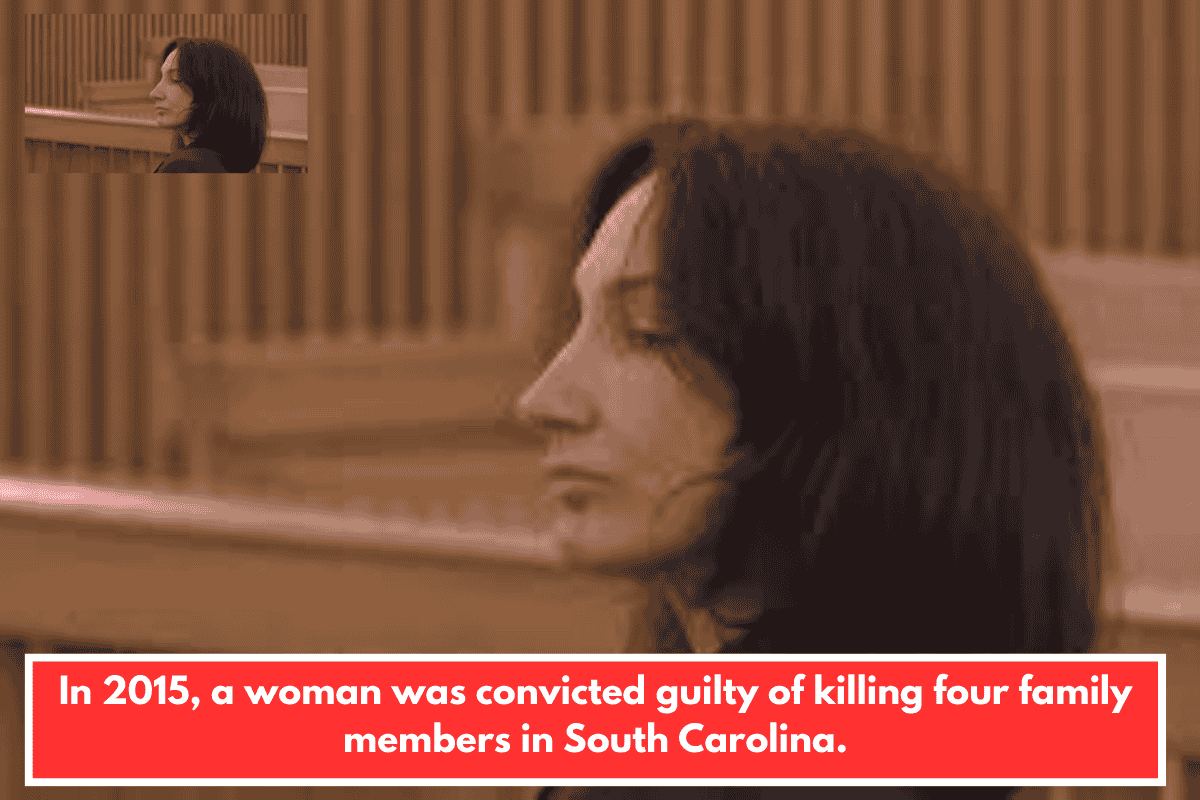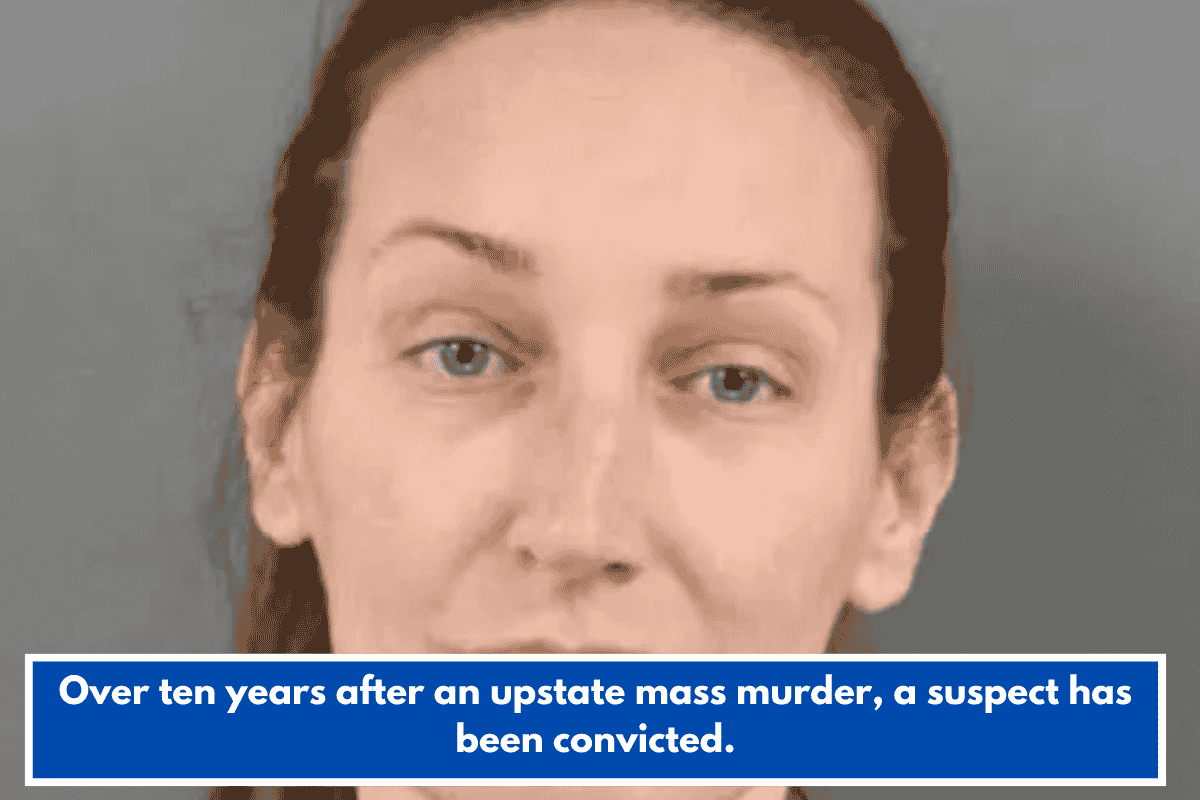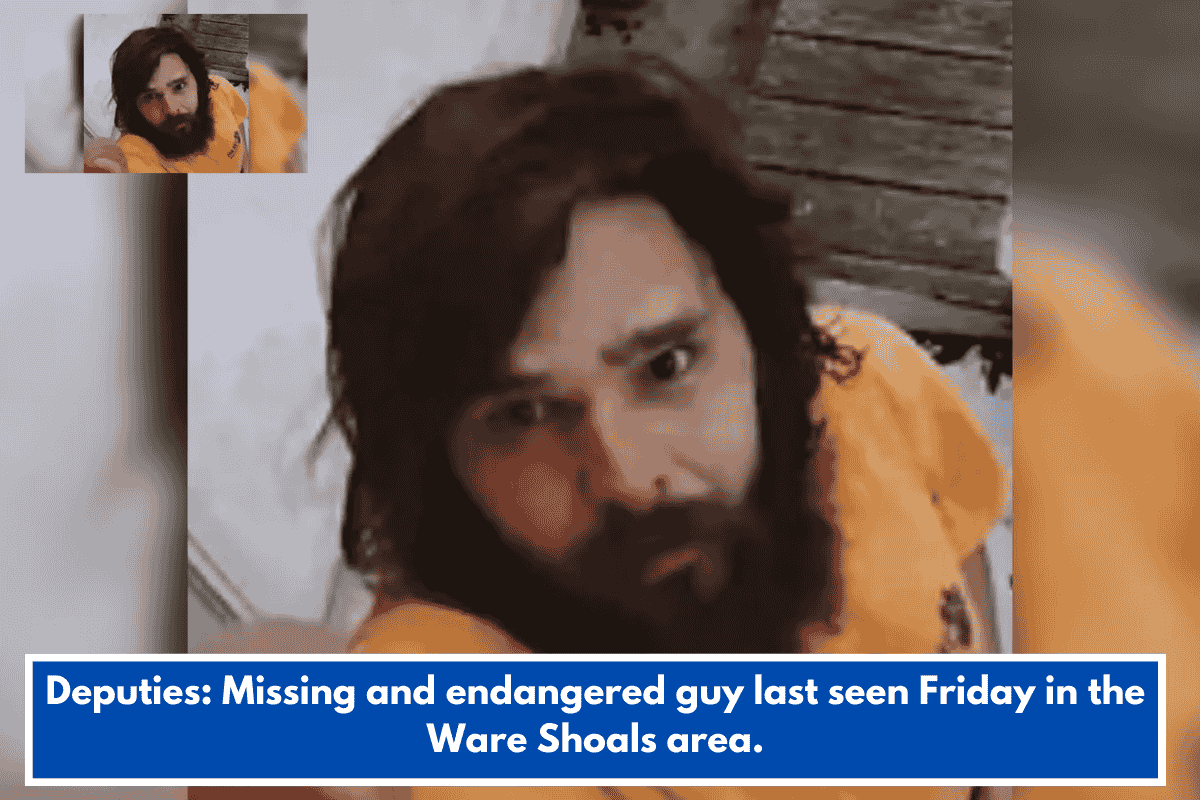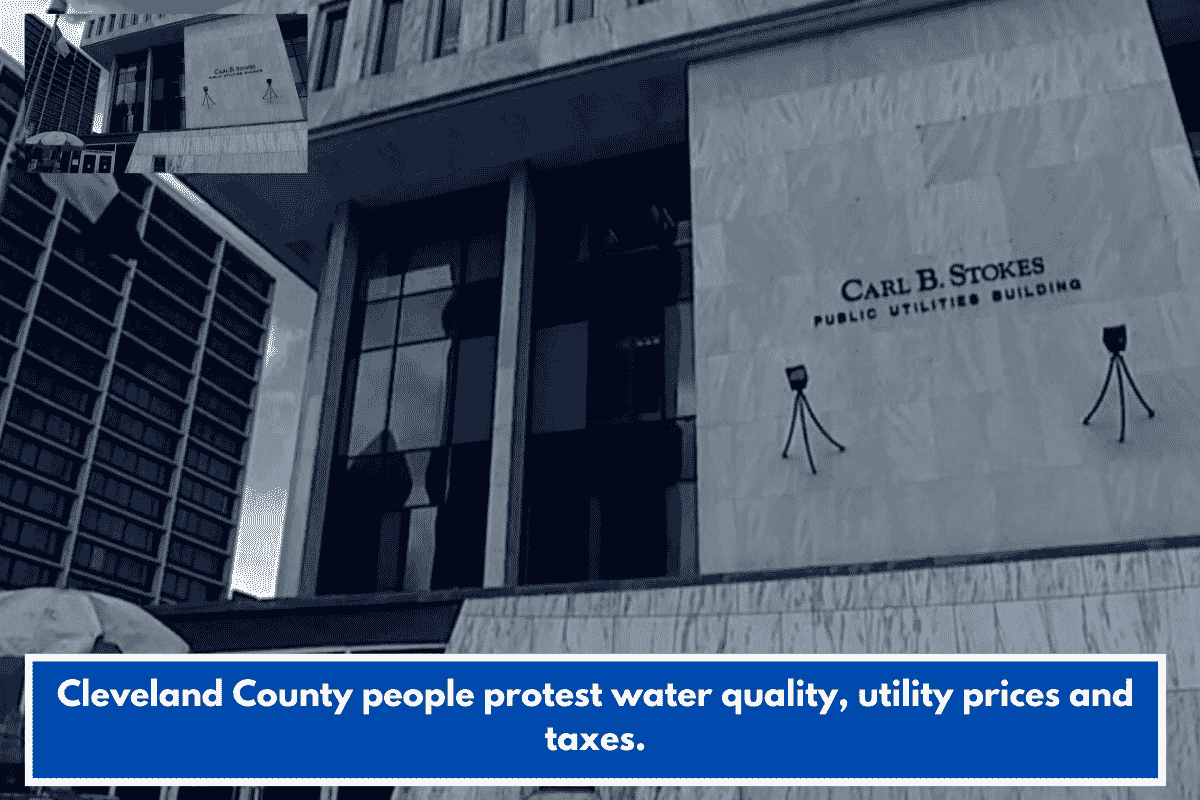Charleston, S.C. – The recent anti-Semitic attack in Boulder, Colorado, where an Egyptian man threw Molotov cocktails and used a makeshift flamethrower against demonstrators, has ignited fears and outrage within Jewish communities across the U.S. The attack, which left 12 people injured, occurred during a peaceful protest advocating for the immediate release of Israeli hostages in Gaza. The 45-year-old suspect has been arrested and charged with 118 counts, including attempted murder, assault, and animal cruelty.
A Wake-Up Call for Charleston’s Jewish Community
For Marsha Gewirtzman, a resident of Kiawah Island and member of Synagogue Emanu-El in West Ashley, the Boulder incident is a painful reminder of the real threat faced by Jewish communities. She reflects on her experience following the 2018 Pittsburgh synagogue shooting, which resulted in the tragic deaths of 11 people at the Tree of Life Synagogue. As the president of her congregation at the time, she worked closely with the Charleston Police Department, the Charleston Jewish Federation, and the FBI to improve security measures.
“We’re on an upward trend in terms of incidents reported nationally and locally in terms of hate crimes targeting Jews in the community,” said Brandon Fish, community director for the Charleston Jewish Federation.
Rising Hate Crimes
The spike in hate crimes against Jews has been alarming, especially after the October 7, 2023, attack on Israel. According to the Anti-Defamation League (ADL), more than 10,000 anti-Semitic incidents were reported in the year following the attack, marking a 200% increase from the previous year. In South Carolina, the number of hate crimes surged by 77%, rising from 66 incidents in 2022 to 115 in 2023, based on data from the U.S. Justice Department.
“There has been a lot of fear from all the activity post October 7, including anti-Israel activities and protests which may have led to acts of violence like these,” Fish added.
A Call for Resilience
Despite the growing fears, local Jewish leaders are urging their communities to stay resilient and continue practicing their faith without succumbing to fear. Mark Swick, executive director of the Kahal Kadosh Beth Elohim synagogue in downtown Charleston, emphasized the importance of community unity in these times. “One of the most important takeaways from these incidents is not to be discouraged from gathering as a community, practicing your faith, and coming together as a system of mutual support,” Swick said.
Joseph Rosen, a rabbi at KKBE, also denounced the violence, noting, “It’s just not acceptable whether it’s happening to us, whether it’s happening to the Muslim community, or for any community to be faced with any violence. We have to do better on calling that out.”
Local Support and Safety Measures
The Charleston Jewish community has found comfort in the support from other communities, especially in the face of rising hate. Ross Appel, a Jewish city councilman in Charleston, reaffirmed the city’s commitment to ensuring safety for religious groups. He emphasized the collaborative efforts between local law enforcement and places of worship. “We make sure things are safe at the mosque downtown, everybody has to be safe, period,” Appel stated.
Moving Forward
As Charleston’s Jewish community continues to reflect on the tragedy in Boulder, Rabbi Rosen plans to address the incident in a way that fosters strength. “We’re not going to be dictated by fear. We will respond to it. We will reflect on it. But we will not let it control us,” he said.
This attack serves as a painful reminder that hate has no place in society, and resilience in the face of adversity is key for any community that faces violence.

